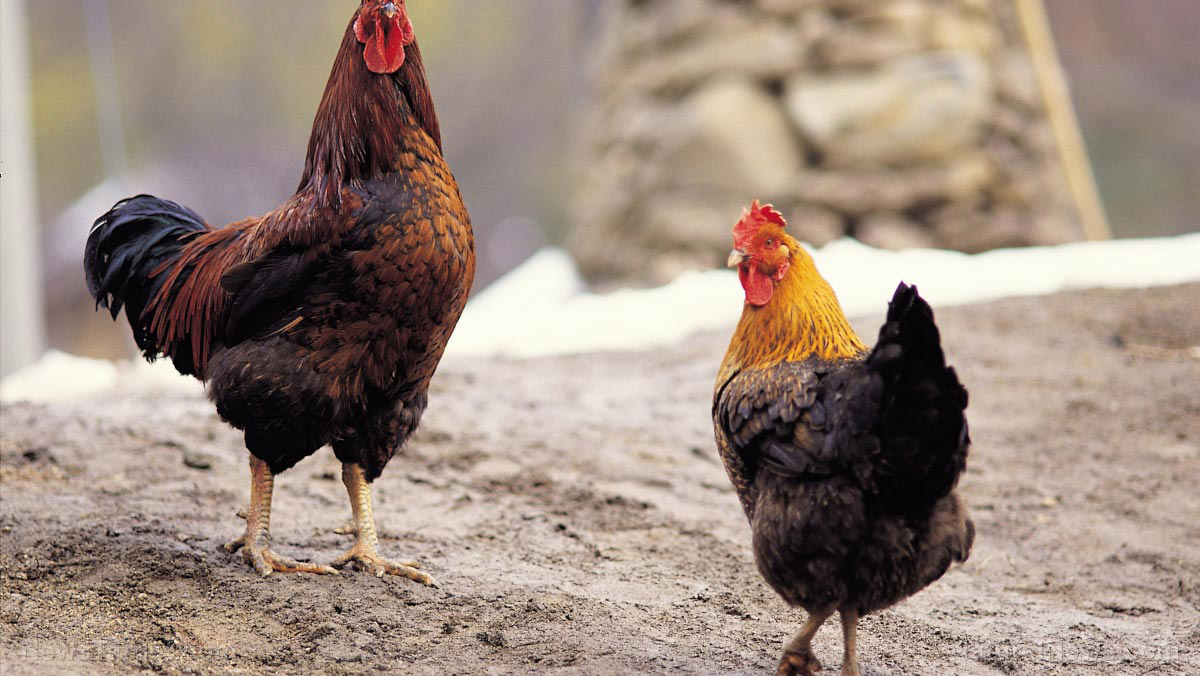
The group, led by Huw Griffiths from the British Antarctic Survey, drilled a hole down the Filchner-Ronne Ice Shelf situated on the southeastern Weddell Sea during an exploratory survey.
Griffiths and his colleagues drilled the hole to collect sediment samples from the seafloor when they hit a rock. The impact caused their drilling equipment to spin.
When they later reviewed the footage from the camera attached to the equipment, they found that the boulder was covered in strange creatures. The creatures were stationary and closely resembled sponges, which are typically found stuck to the seafloor. The researchers thought the creatures may be unknown species.
James Smith, a member of the drilling team, said they were surprised to find that there were animals attached to the rock. Griffiths called their discovery a "fortunate accident," one that pushes ideas in a different direction and shows just how special Antarctic marine life is.
Griffiths added that their discovery opens up several important questions, such as how the creatures got there and what they eat to survive given the site's distance from the sea where most of the phytoplankton are. "How common are these boulders covered in life? Are these the same species we see outside the ice shelf or are they new species? And what would happen to these communities if the ice shelf collapsed?" asked Griffiths.
The group published the results of their survey in Frontiers in Marine Science on Monday, Feb. 15.
Strange creatures found in sub-zero conditions
The site was some 160 miles away from the open ocean. In the waters beneath the thick sheet of ice, the group found nothing but complete darkness. And with temperatures averaging below zero degrees Celsius, researchers have rarely seen animals or traces of life in the waters beneath Antarctic ice.
In fact, the discovery marks the first-ever record of a hard substrate community deep beneath an Antarctic ice sheet. It also baffled the researchers that life existed so far away from the open ocean.
Current theories state life becomes increasingly unlikely the further underwater and away from open water an area is. This is why many Antarctic expeditions have only found some mobile animals like fish and krill at best in the frigid waters beneath thick ice shelves.
Never before have researchers found stationary filter feeders like sponges in the same ice-cold waters. As such, the group's discovery seems to go against all previous theories of what kinds of life can survive down there.
The ocean beneath the continent of Antarctica is one of the last truly unexplored regions on Earth, mainly due to the fact that the freezing temperatures in the region make exploration extremely difficult. (Related: Scientists harvest first crop of vegetables grown without sunlight, soil, or pesticides in Antarctica.)
The floating ice shelves, many of which are several hundreds of miles thick, also make it almost impossible for researchers to study the ocean beneath.
These ice shelves cover an ocean that is bigger than the United Kingdom, Germany, Spain and Italy combined. For this reason, researchers have only truly explored an area the size of a tennis court. That was what came of explorers drilling eight boreholes through the near-impenetrable ice shelves.
So to answer the questions that the discovery opened up, Griffiths and his colleagues will have to devise a way of getting up close with the creatures and their environment. Such a feat would be incredibly difficult given how far away the location is from the group's ships and laboratories, which sit right by the open ocean.
Go to OceanHealthNews.com to learn more about marine life in Antarctica.
Sources include:
Please contact us for more information.























